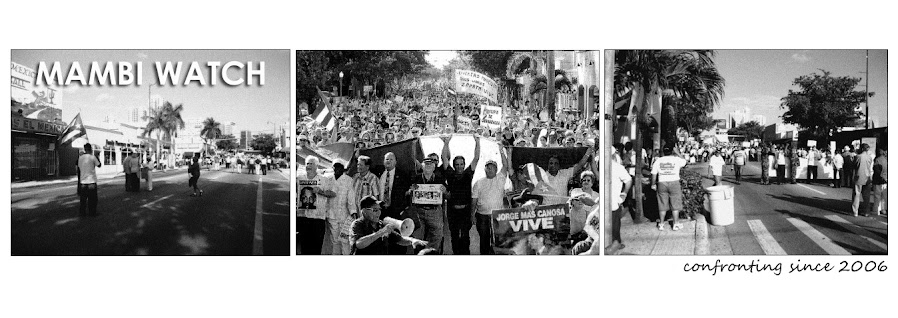In her post titled "Why Obama Got it Right," Katrina Vanden Heuvel reminds us that "both Clinton and Bush may have missed a historic opportunity to open a new chapter with Iran when reformer Mohamed Khatemi [sic] was elected in 1997." Instead, the US did not change its isolationist policy towards Iran, despite the fact that already two decades worth of sanctions "[i]nduced no significant change in Iranian policy."
Vanden Heuvel wonders about what could've been the result if former President Bill Clinton was bold enough to pursue unconditional talks with Iran at the time. "Might Iran have capped its nuclear program and cooperated with us in managing regional relations including the peaceful downfall of Saddam Hussein?" The Clinton administration, on the other hand, was pressured by many to maintain sanctions on Iran, despite the fact that Khatami was viewed as a moderate and elected by a large margin of Iranian voters.
According to reporter Laura Rozen, American isolationist policy relies on a simple logic: "[T]alking to rogue regimes and extremist groups... rewards or legitimates them, demonstrates appeasement, and therefore sets back U.S. security interest." This same logic applies to Cuba.
But, such logic becomes more complicated when isolationism is clearly seen as counter-productive, as in the case of North Korea, Iran, and its affected neighbors. In these cases, its fine to break from isolationism and have diplomatic talks (even though indirect), but there must be preconditions. Rozen quotes Joshua Muravchik, of the American Enterprise Institute, suggesting that the US should be "more threatening than supplicating" in talks with "rogue states" and that "if they want to talk to us, [then] there's a certain price of admission." This is the current state of US/Cuba relations.
In my opinion, there really isn't a difference with isolationism and conditional diplomatic relations. In both cases, obstacles still exist to take positive steps forward. And, most importantly, the US still assumes a position of a "threatening" nation in the eyes of the opposition.
Regional peace is a responsibility that all nations must share. Obama's break with isolationism is a positive sign, and shows that he is perhaps more willing to take responsibilities in achieving a stable region with partners in the Middle East, and perhaps in other regions.
According to a 2001 study on armed conflict, and published in the Journal of Peace Research, "[t]he complexity of conflict today makes it unlikely that there will be an easy or quick victory. It is equally likely that the parties will have to face each other at a table to negotiate peace or ceasefire. The parties should realize this before they unleash a war. After all, the potential solution available before a war may not be very different from those found after a war. But, of course, there will be less destruction, less human suffering and less chance of a future war."
This is a hard lesson that many nations in conflict have suffered, but there are hopeful examples to observe. Just last year, Maoist rebels in Nepal negotiated a peace deal with the Nepali government after pro-democracy supporters flooded the streets of Kathmandu. After ten years of fighting and more than 13,000 dead, both sides finally agreed to take steps forward for a new and peaceful Nepal. The rebel leaders have been accepted into the political process and their armies have been placed under international monitors. The people of Nepal now await national elections scheduled for November to finalize the peace process.
It is estimated that 65% of the population in Nepal will be eligible to vote by November, the first national election in eight years, and a country that is emerging from a long history of an authoritarian monarchy.
It is an inspiration, and a positive example that US/Cuba relations can follow.
[Part 1]

No comments:
Post a Comment